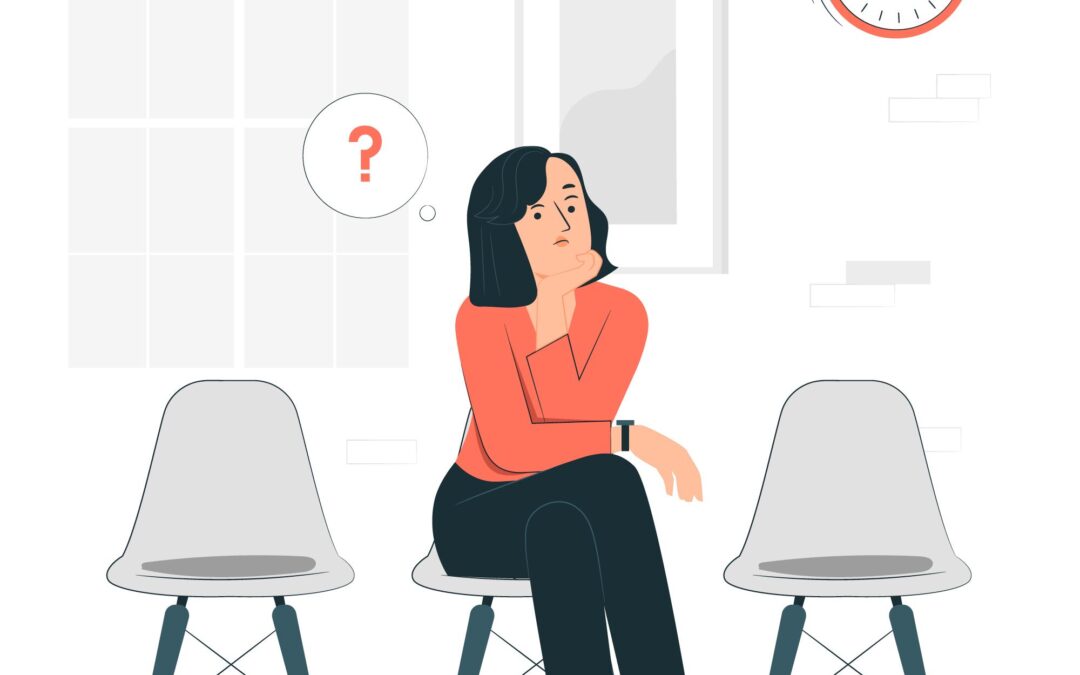In the journey to prioritize your mental health, the importance of finding the right therapist cannot be overstated. Your therapist will play a pivotal role in your mental well-being, and it’s crucial to make an informed decision. In this blog, we’ll explore the key questions you should ask yourself to ensure you find the right therapist for your mental health needs.
1. What are my specific mental health goals?
Before you start searching for a therapist, take some time to reflect on your mental health goals. Are you seeking therapy for anxiety, depression, relationship issues, or something else? Identifying your specific needs will help you narrow down your search and find a therapist who specializes in the areas you want to address.
2. What type of therapy do I prefer?
Therapy comes in various forms, such as cognitive-behavioral therapy (CBT), psychoanalysis, or mindfulness-based therapy. Each approach has its own methods and techniques. Research these approaches to determine which one resonates with you the most. This will guide you in finding a therapist who aligns with your preferred therapy style.
3. What is my budget?
Consider your budget for therapy sessions. Some therapists may offer sliding scale fees or accept insurance, while others may require out-of-pocket payments. Knowing your financial constraints can help you find a therapist who is both suitable for your needs and within your budget.
4. What is my preferred therapist’s gender, age, or background?
Personal preferences are valid in therapy. Some individuals may feel more comfortable talking to a therapist of a specific gender, age group, or cultural background. Reflect on whether these factors matter to you and take them into account during your therapist search.
5. What are my scheduling preferences?
Think about your availability and scheduling preferences. Are you looking for a therapist who offers evening or weekend appointments? Do you prefer in-person sessions or are you open to teletherapy? Clarifying these preferences will help you find a therapist whose schedule aligns with yours.
6. How far am I willing to travel?
Consider the therapist’s location. Are you open to traveling a longer distance to see a therapist with the right expertise, or do you prefer someone closer to home? Your willingness to commute can impact your choice of therapist.
7. What do online reviews and referrals say?
Researching therapists can be daunting, but reading online reviews and seeking referrals from friends or family can provide valuable insights. Look for reviews that highlight the therapist’s ability to address specific mental health concerns and create a supportive, empathetic environment.
In your quest to find the right therapist for your mental health, remember that it’s okay to consult with multiple therapists before making a decision. The therapeutic relationship is a significant factor in the effectiveness of therapy, and you should feel comfortable and confident in your choice.
Contact Bluewater Psychiatry
Your mental health is a top priority, and finding the right therapist is a crucial step on your journey to well-being. By asking yourself these questions and conducting thorough research, you can make an informed decision that best suits your mental health needs. Your path to a healthier, happier life begins with this essential choice.

